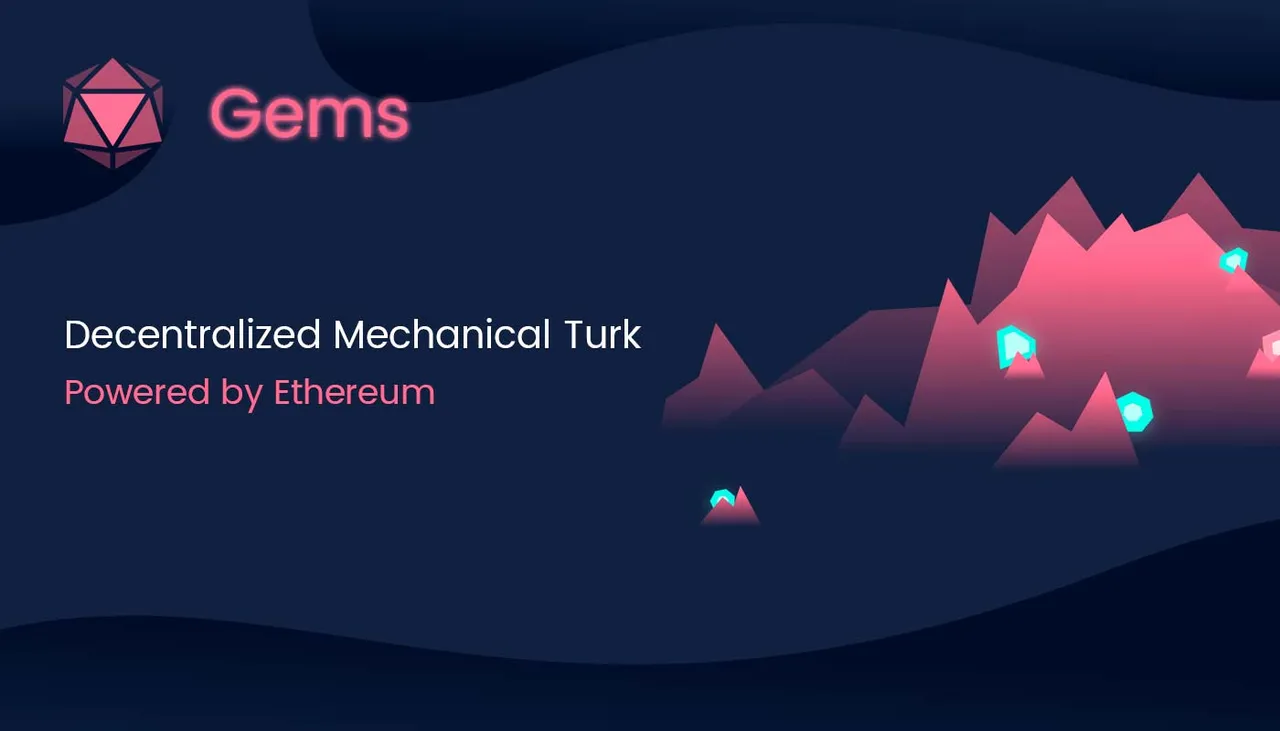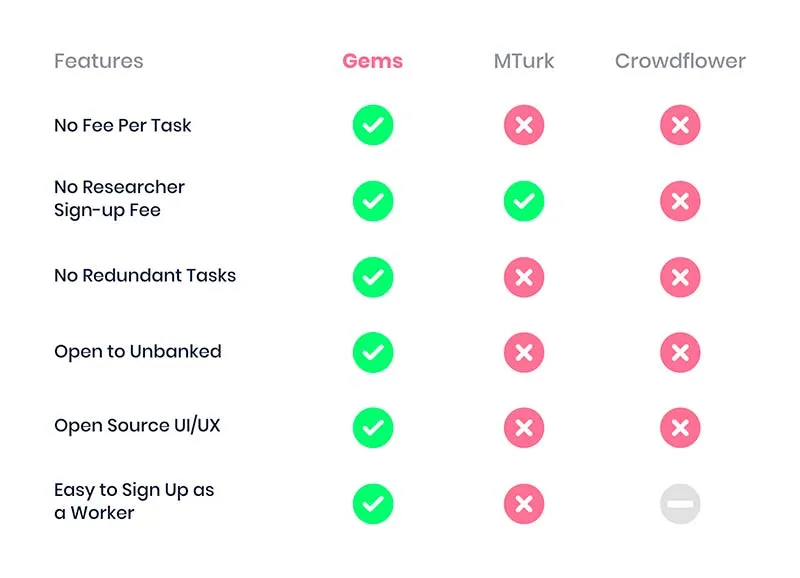
One of the new concepts, produced by growing Internet economy is Microwork. This is when big tasks that need to be accomplished are split into multiple small ones and distributed among volunteers on the Internet, ready to do them for a small fee. Such tasks usually cannot be automated, and at the same time, they are too routine and insignificant to assign them to the company's employees or hire the new employees to do them. To use the distributed potential workforce consisting of Internet users ready to do the simple work in their spare time turned out to be an interesting and economically efficient approach to this problem. Plus splitting the whole task into microtasks allows different people to specialize in performing some particular tasks. Something like applying that good ol' concept of the division of labor to the Internet.

There are platforms and solutions trying to create an infrastructure for Microwork, convenient for both the task creators and online workers performing them. There is a number of issues with the existing platforms. First, existing platforms like CrowdFlower and MTurk charge the requesters fees for each posted task. Considering that we talk about the very low-paid work, to begin with, the fees put substantial downward pressure on what requesters can offer the workers in terms of monetary compensation. The second problem is it's not always convenient for the potential workers to join those platforms because they require them to share information identifying them, like Facebook profile, while many of those people would prefer to remain anonymous. The third problem is very typical for the Internet systems, working with monetary exchange, namely the system of payments is very inconvenient. Mostly it relies on participants having bank accounts, while it's very often not the case.

the direct differences between Gems and existing solutions
Gems is a blockchain based platform for organizing Microtasks marketplace. The startup uses a number of innovative approaches to solve the typical problems related to Microwork infrastructure. First, it doesn't charge any fees. Second, to ensure the quality control of performed tasks, Gems in addition to task creators and performers includes a category of platform's users called verifiers who get rewards by verifying the quality of performed tasks. This prevents workers from doing their work poorly, at the same time the task creators cannot deny payment, claiming that the work is done badly if it's not really so. In other words, it prevents cheating on both sides. Also, all parties on the platform stake a certain number of tokens on each task, which further keeps them from attempts to game the system. At the same time, it makes unnecessary to check the participants to filter out the malicious actors. The system of verifications and mechanism of staking tokens take care of this. Also, the verifiers is a better and more economically efficient alternative to the problem of quality control, than the methods used by different platforms. For example, MTurk uses the principle of "consensus by redundancy" which essentially means assigning the same task to several different workers simultaneously, multiplying expenses.
The fact that Gems payment system is based on blockchain (I've explained in previous articles the reasons why this technology so far is the best for the systems, involving monetary exchange) automatically makes it both very reliable and convenient for its users. The benefits are numerous. The users don't need to have bank accounts; there are no high transaction fees for cross-border payments, the core principles of blockchain prevent fraud and make the system secure and protected from hacker attacks.

Useful links
Website | Whitepaper | Telegram | Twitter | Blog | Slack
Authored by: faragly (@popeye_the_sailor)
